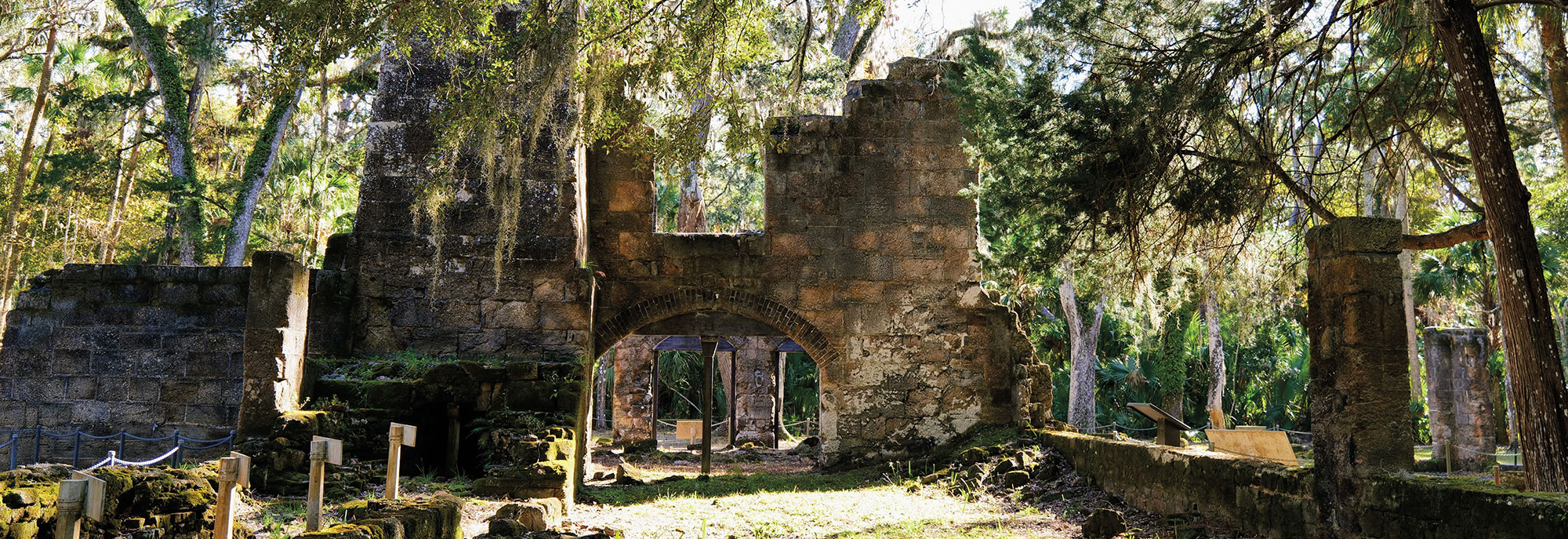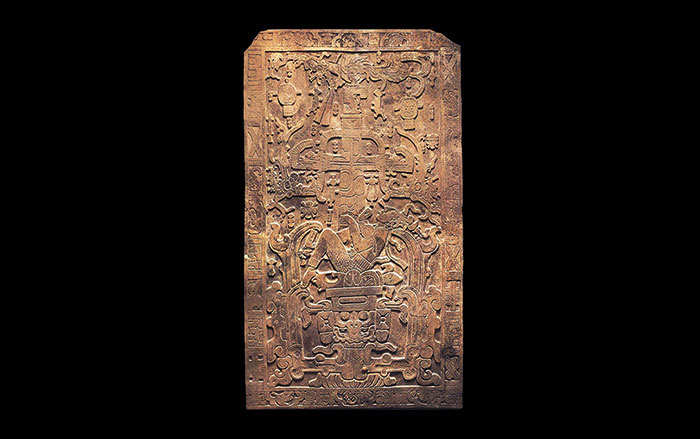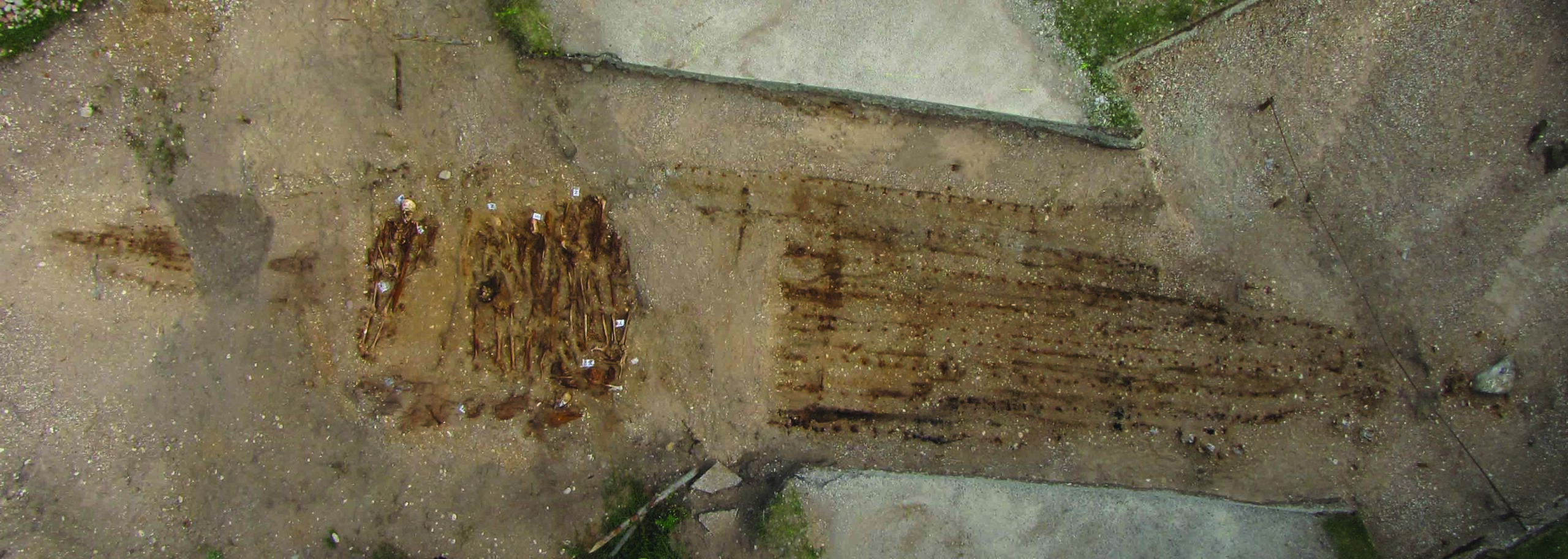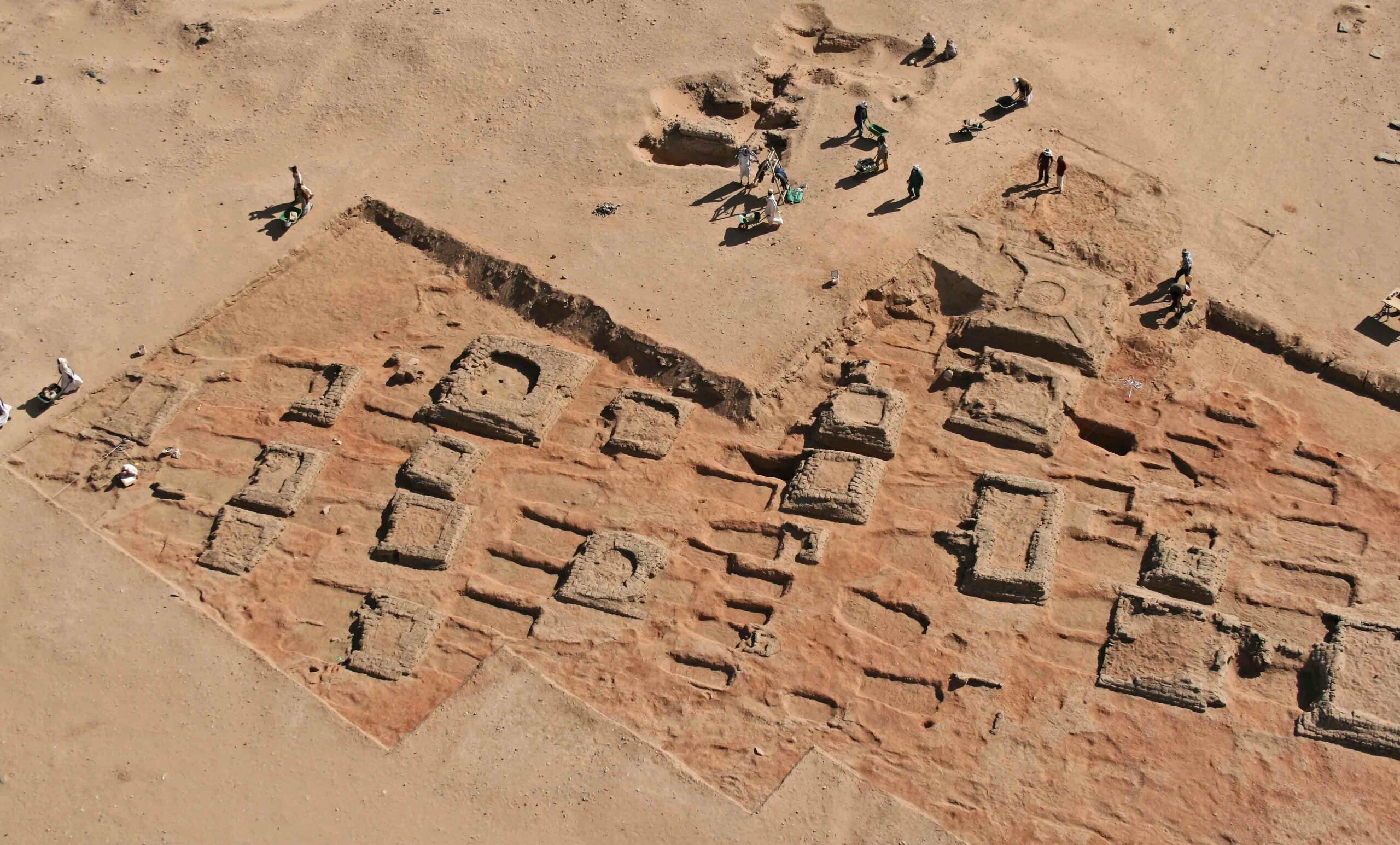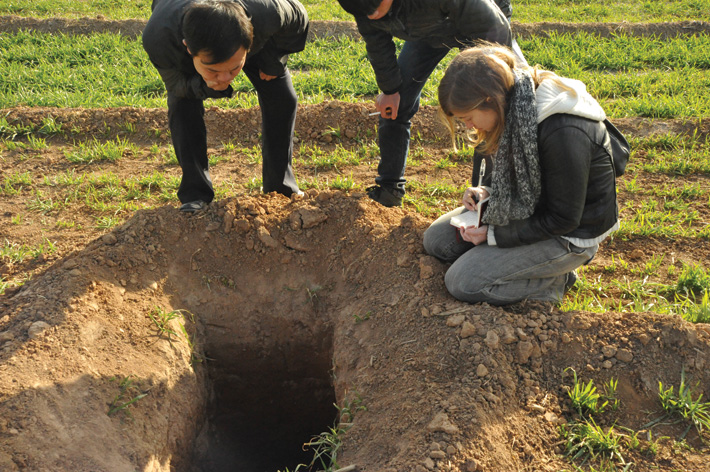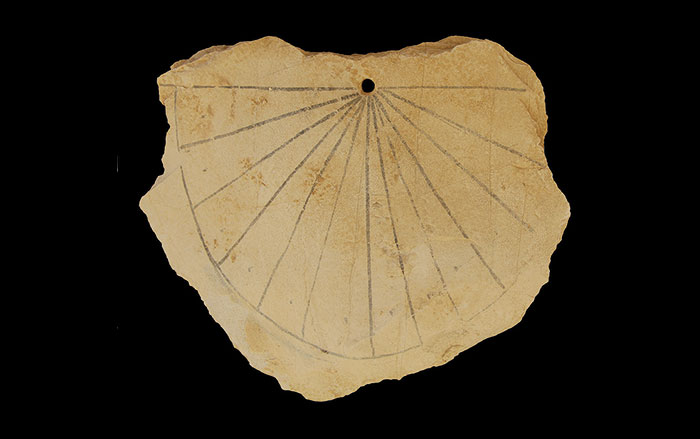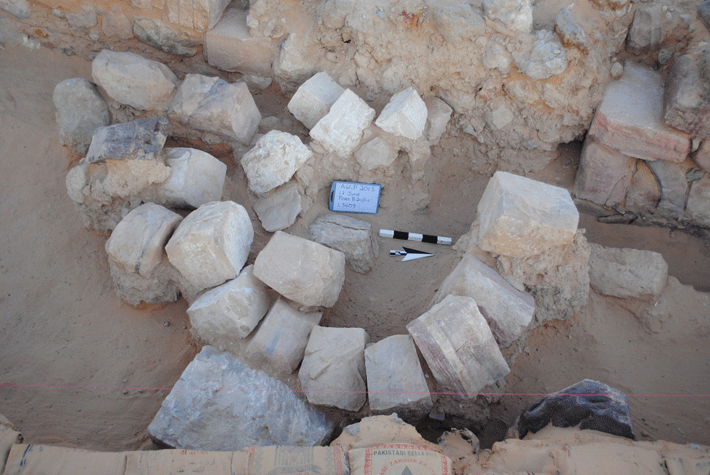
KNOXVILLE, TENNESSEE—While excavating a Roman fort with their students at Jordan’s ‘Ayn Gharandal, Robert Darby and Erin Darby of the University of Tennessee discovered a collapsed arch at its gate. A monumental inscription at the gate dedicates the fort to the Roman emperors known as the Tetrarchs--Diocletian, Maximian, Galerius, and Constantius I. Decorated with laurel branches and a wreath, the inscription also reveals that the Second Cohort of Galatians had been stationed at the fort. It had been known that this particular unit was stationed at a place called Arieldela, but scholars had not been able to locate it until now. “Roman military documents from this region suggest that the Cohors II Galatarum was originally brought to Israel to help suppress the Jewish uprising of the second century known as the Bar Kokhba Revolt. The inscription indicates that this garrison remained in the area and was subsequently transferred to the outer frontier of the empire, located in what is now modern Jordan,” explained Robert Darby.


